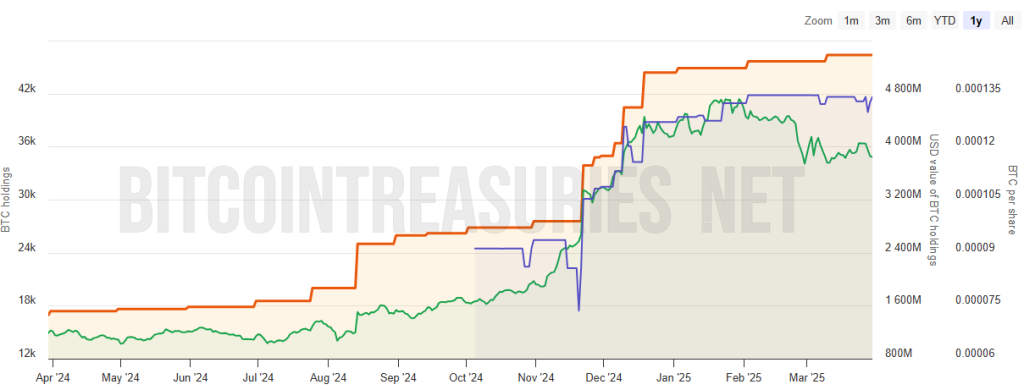Unlock the Editor’s Digest for free
Roula Khalaf, Editor of the FT, selects her favourite stories in this weekly newsletter.
CoreWeave shares fell on their US debut after the data centre operator downsized its initial public offering over concerns about its business model and waning exuberance in groups linked to artificial intelligence.
The cloud computing provider dropped 2.5 per cent on Friday to $39 as it started trading on the Nasdaq Stock Market following the largest US tech IPO since chipmaker Arm Holdings went public in September 2023.
CoreWeave raised $1.5bn when it floated its shares at $40 a piece on Thursday evening. It had initially targeted raising $4bn and dropped that figure to $2.7bn when it began a roadshow to generate interest for its shares last week.
“I don’t really think of the market as friendly or unfriendly,” CoreWeave chief executive Michael Intrator told the Financial Times on Friday. “We have definitely been doing this during a bit of a challenging time with regards to the AI trade in financial markets.”
He said CoreWeave made a decision to “right size” its IPO on Thursday “so that we could bring in those investors that we thought would be the most supportive”.
The majority of the shares were sold to just 15 buyers, one of which was Nvidia, according to Intrator.
“I look at any book that is tightly held by large, long-term holders of our equity as a wonderful allocation . . . I think it’s really amazing to have such a concentrated book,” he said.
The downsized IPO comes during a volatile year in US equities. Big Tech stocks that had surged over the previous two years, partly on hopes of booming demand for AI-linked products and services, have pulled back sharply this year as investors have grown worried about the potential for overcapacity in the sector and broader signs of cooling in the economy.
CoreWeave has attracted intense scrutiny since announcing its plans to go public, with attention focused on the company’s large debt burden and close ties to chipmaker Nvidia, a key supplier, customer and investor. Just under 80 per cent of CoreWeave’s $1.9bn revenue last year came from two customers, according to filings.
Intrator said CoreWeave’s business model was “a little bit different”, adding: “It’s going to take a while for folks to understand and begin to get comfortable with it, but our expectation is that the equity markets, very much like the debt markets, after they get to spend some time with the company . . . they will get very comfortable.”
The lacklustre first trading came as the tech-heavy Nasdaq Composite dropped 2.6 per cent on Friday, extending a poor start to the year for some of Silicon Valley’s biggest companies. The Trump administration’s aggressive trade agenda has rocked equity markets over the past month and a half, denting the valuations of several of the tech groups that have dominated Wall Street in recent years.
Morgan Stanley, JPMorgan Chase and Goldman Sachs were the lead underwriters on the CoreWeave deal.
Credit: Source link











